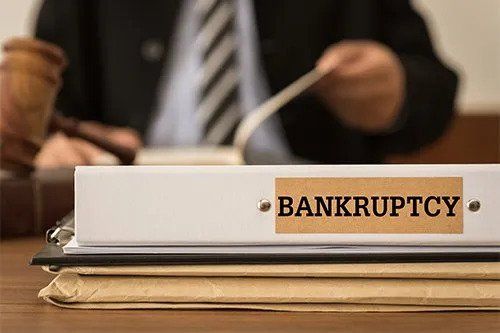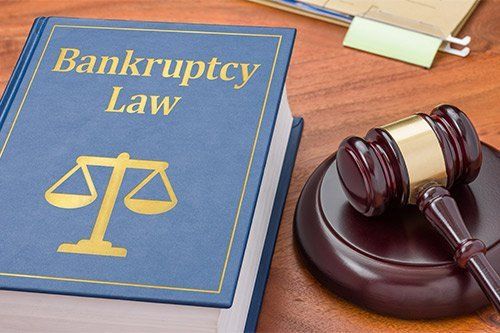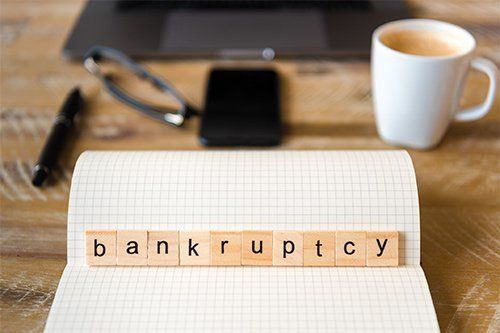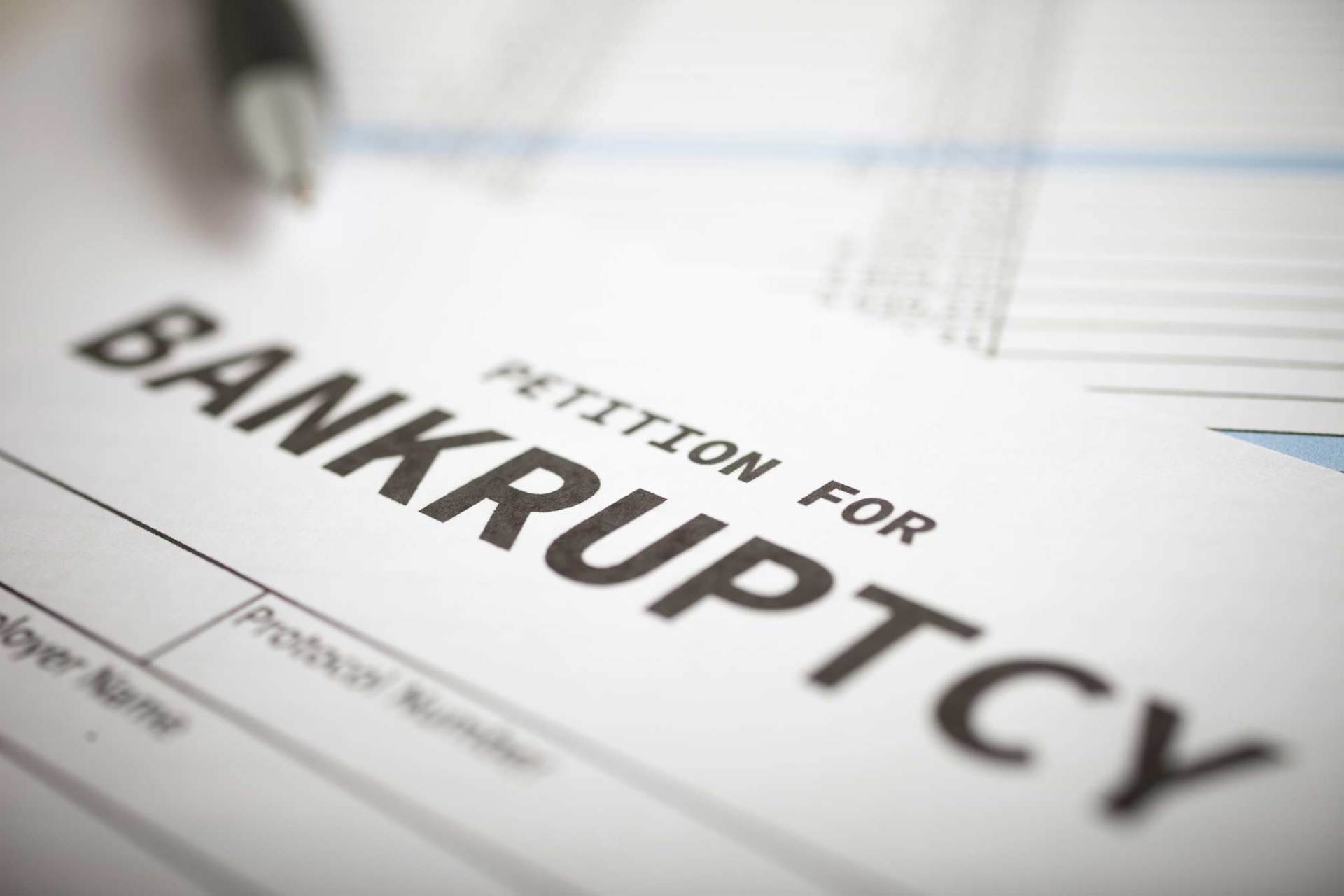Considering Personal Bankruptcy? 5 Reasons to Involve Your Spouse
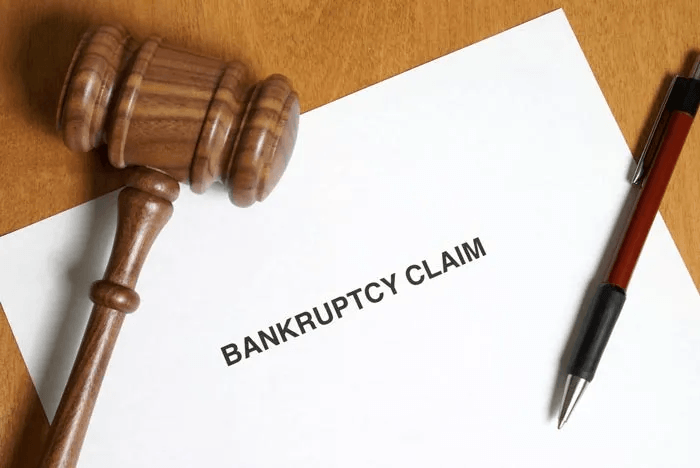
Are you and your spouse or partner in dire financial straits that leave you considering bankruptcy? This is undoubtedly a stressful time, and taking charge of your debt with a tool like bankruptcy can make a huge difference. But unlike a person who is not in a long-term relationship, you have more to think about than just your own interests. You may also need to consider your partner in this decision.
While this is a difficult subject, it's also an important one that can have many positive results. If you're still dreading having this conversation as a couple, here are a few of the best reasons to do so.
1. You Share Your Feelings
Money is a taboo subject of discussion for many Americans, even within the family. Even when they need to discuss their feelings about their financial situation, many couple are hesitant. But declaring bankruptcy, as well as pursuing other options like debt settlement, can involve deeply emotional issues as well as financial ones.
For instance, your spouse may be innately uncomfortable with the idea of not paying back their debts. They may not be up for the long haul of working out a debt repayment plan or counseling. Whatever the feelings of both parties, you'd do well to know and understand these before taking any action.
2. You Get On the Same Page
The decision to declare bankruptcy is difficult for most, and some couples may not have arrive at it at the same time. What if your spouse feels that the situation is not bad enough to warrant bankruptcy - but you do? Or perhaps you want to pursue debt counseling but your partner is set on bankruptcy?
Without a cohesive game plan, you may struggle finding a solution and implementing it. Inertia might even make the situation worse. The best way to prevent confusion from slowing your progress is to be certain everyone is on board with the plan.
3. Both Persons May Be Affected
While you can declare bankruptcy without your spouse, that bankruptcy will still affect them. For example, if you are both debtors on an obligation - such as a mortgage, credit card, or vehicle loan - creditors might come after the co-signer if one person is discharged of the debt. And both spouses' income may be included in any debt repayment plans. Transparency, then, is key for both partners no matter who files.
4. You Might Be Able to Avoid It
If you speak honestly and calmly as a couple, you may be able to find ways to avoid bankruptcy. Sometimes, one spouse is not even fully aware of the seriousness of the other's situation. Others may have success with alternate solutions by agreeing to work as a team - perhaps by retooling the shared family budget or taking on additional debt repayment.
Bankruptcy is not always an inevitable end result, but it can become so if nothing is done. By working together, you may be able to right your finances rather than suffer alone until things get too bad to fix any other way.
5. You Can Decide How to Declare
Finally, if you do decide that bankruptcy is right for you or your family, you'll need to decide how best to proceed. You would need to choose between Chapter 7 and Chapter 13, for instance. You may need to declare bankruptcy jointly so as to protect your partner from debts. Or you might want to time one or both filings in order to capture as much qualifying debt as possible.
As a couple, you can successfully face the bankruptcy of one or both partners. One of the first steps is to talk about the subject as a family. Want help with this step or determining your debt relief options? Start by consulting with the McMaster Law Firm, LLC
today.






